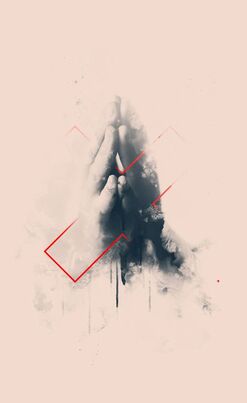|
In order to understand consumer behaviour on a deep and meaningful level, it requires an exploration of the underlying macro-sociological drivers (external forces) and the micro-psychological needs (internal motivators) — and an understanding of what makes us human. Similar to the ‘nature vs nurture’ debate, we could argue that there are two overarching driving forces: the human condition (nature) and cultural conditioning (nurture). What makes us human In my view, the human condition is a set of truths that is applicable to all of humanity, regardless of person, place or time. It is the foundation of what makes us human — what connects us. Theorists the world over have generally identified the ‘essentials of human existence’ as: birth, growth, emotion, aspiration, conflict, and death. We all experience these phenomena, in different ways and to varying degrees. We generally assess if our environment and experiences are dangerous or safe, and then respond to it in the ways that we have been ‘conditioned’ to. I don’t mean conditioning here in the way that Pavlov conditioned his dogs to expect food when a bell rang, but rather ‘conditioning’ in the way that culture socialises us, teaches us socially acceptable behaviour, and helps us navigate the world. What drives us Common needs drive human behaviour. This goes beyond Maslow’s hierarchy of needs (self-actualisation, esteem, belonging, safety, and physiological needs). Psychologist Marshall Rosenberg developed a list of around 30 universal human needs, such as: survival, security, freedom, connection, meaning, and more. We often draw on these needs as inspiration for brand truths, roles and purpose. One such example is when South African beer, Castle Lager, created a “share a Castle, make a friend” campaign. The concept has its origin in the idea of friendship, the human need for connection. In the human condition — the quest for survival — friendship (community, allies, bonding) is one of the ways in which we survive. At the same time, we have tensions that try and pull friends apart: money, differing values and priorities, political disposition, cultural background, and more. Castle Lager encouraged people to find the similarities within one another — to connect on a human level. This article was published on Marklives
0 Comments
Leave a Reply. |
MARGUERITE COETZEE
ANTHROPOLOGIST | ARTIST | FUTURIST CATEGORIES
All
|



 RSS Feed
RSS Feed
